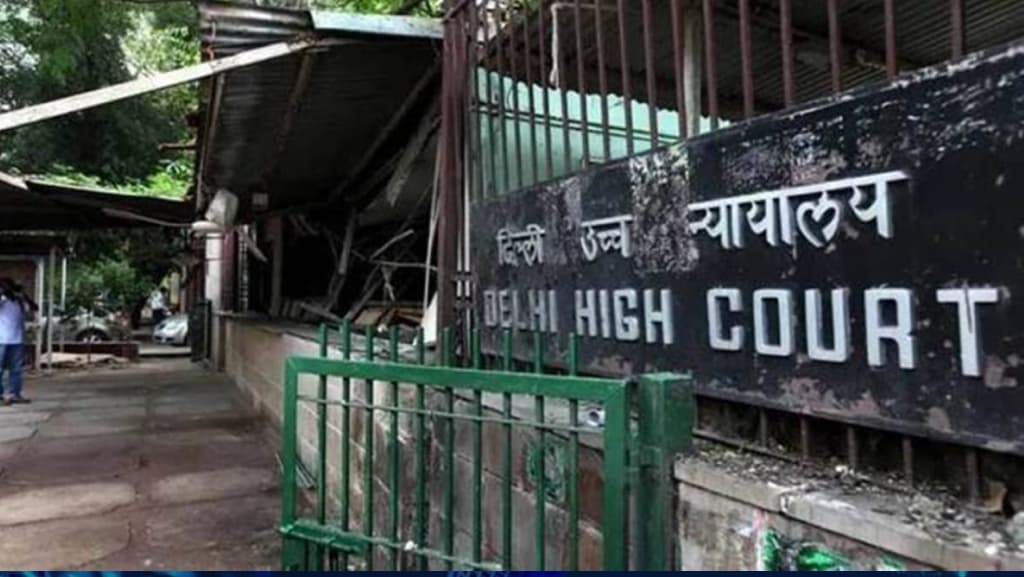
Running a Lawyer’s Office Not a Commercial Activity, Rules Delhi High Court
Court quashes two-decade-old NDMC case against advocate, holds that professional chambers are permitted under Delhi’s building and development regulations.
The Delhi High Court has reaffirmed that operating a lawyer’s office does not amount to a commercial activity, while quashing a complaint filed by the New Delhi Municipal Council (NDMC) against Advocate B.K. Sood over two decades ago.
Justice Neena Bansal Krishna, in her ruling dated October 6, observed that the NDMC’s allegation -- that Sood was using the basement of his lower-ground-floor residence for unauthorised commercial purposes -- was unfounded.
“The activity of running an office by a lawyer is not a commercial activity,” the Court held.
The NDMC had initiated proceedings in 2004, contending that the basement was intended only for storage and that using it as an office amounted to a change in the building’s designated use without permission from the NDMC Chairperson.
Rejecting this argument, the Court noted that the issue had already been settled by earlier rulings, including MP Electricity Board and Others v. Narayan and Another (2005), V. Sasidharan v. M/s. Peter and Karunakar and Others (1984), and South Delhi Municipal Corporation v. B.N. Magon (2023).
Citing the Master Development Plan (MDP) 2001, the Court pointed out that residential premises may be used for professional activities in up to 25 per cent of the area, provided the activity is non-nuisance in nature.
“The premises in question are admittedly residential, and the basement was being used for a professional purpose permitted under the MDP 2001,” the order stated.
Referring to the Delhi Building Bye-Laws, 1983, which govern the case, the Court also noted that basements can be used as offices or for commercial purposes if specific conditions relating to ventilation, lighting, and construction are met. The NDMC’s inspection, however, had failed to examine these parameters.
Finding no evidence of violation, the Court ruled that there was no misuse of the premises.
“It has to be necessarily concluded that there was no misuse of the premises by the petitioner, who had been running his office in compliance with the MDP 2001 and the Delhi Building Bye-Laws, 1983,” the Court held, adding that the prosecution had failed to establish even a prima facie case.
Terming the continued proceedings an “abuse of process,” the Court quashed the complaint, observing that allowing a case pending for over 22 years to continue would serve no purpose and burden the judicial system.
For any enquiries please fill out this form, or contact info@thelawreporters.com and Follow The Law Reporters on WhatsApp Channels